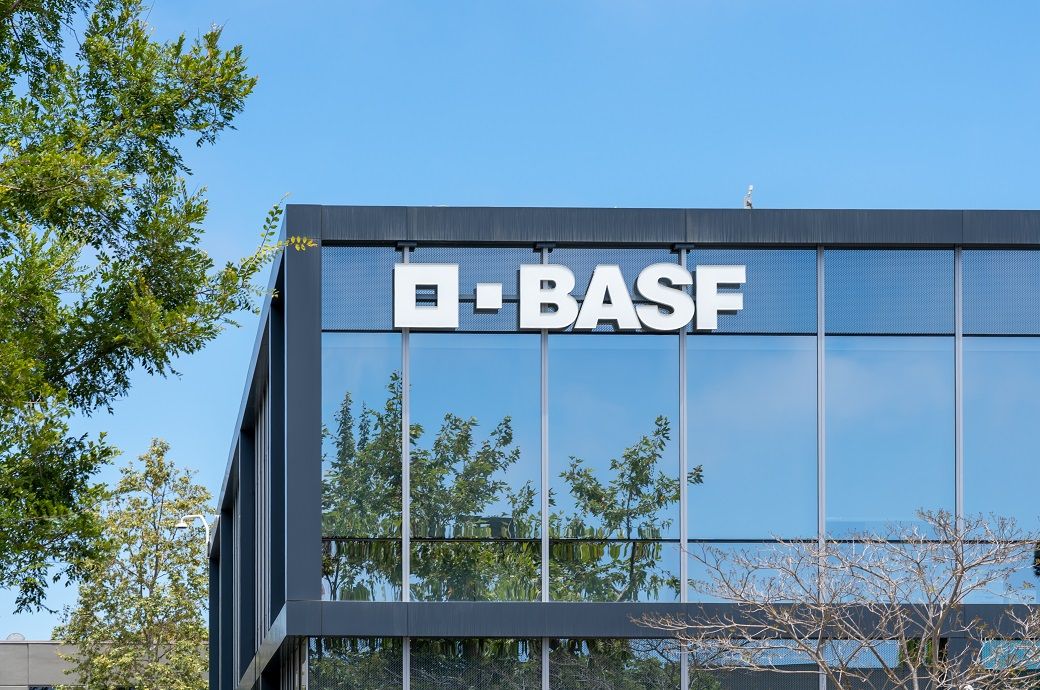
EBIT before special items was down by €1.3 billion to €1.0 billion, with all segments, particularly chemicals and materials, contributing to the decline. EBIT decreased by €1.4 billion to €974 million, including income from integral companies accounted for using the equity method amounting to €22 million, compared to €101 million in the prior-year period, the company said in a press release.
BASF group sales declined by 24.7 percent to €17.3 billion in Q2 FY23, compared to the prior-year period.
Sales in the chemicals segment decreased by 38.4 percent to €2.7 billion due to lower raw materials prices, an oversupply, and weakened demand. The EBIT before special items in this segment declined by 76.3 percent to reach €202 million.
In the materials segment, sales were down 25.8 percent to €3.6 billion, primarily due to significantly lower prices across all regions owing to decreased raw materials prices and a further slump in demand. EBIT before special items in this segment fell by 60.4 percent to €265 million.
Given these results and adjusted expectations for the rest of the year, BASF has revised its FY23 forecast. Sales are now expected to be between €73 billion and €76 billion, compared to the previous estimate of between €84 billion and €87 billion. EBIT before special items is projected to be between €4 billion and €4.4 billion, compared to the previous forecast of between €4.8 billion and €5.4 billion. The return on capital employed (ROCE) is expected to be between 6.5 percent and 7.1 percent.
“We do not expect a further weakening in demand at the global level for the second half of 2023, as the inventories of chemical raw materials in most customer industries have already been greatly reduced,” said Martin Brudermuller, chairman of the board of executive directors of BASF. “However, we are assuming only a tentative recovery because we expect that global demand for consumer goods will grow slower than previously assumed. Margins are therefore expected to remain under pressure.”
Fibre2Fashion News Desk (DP)